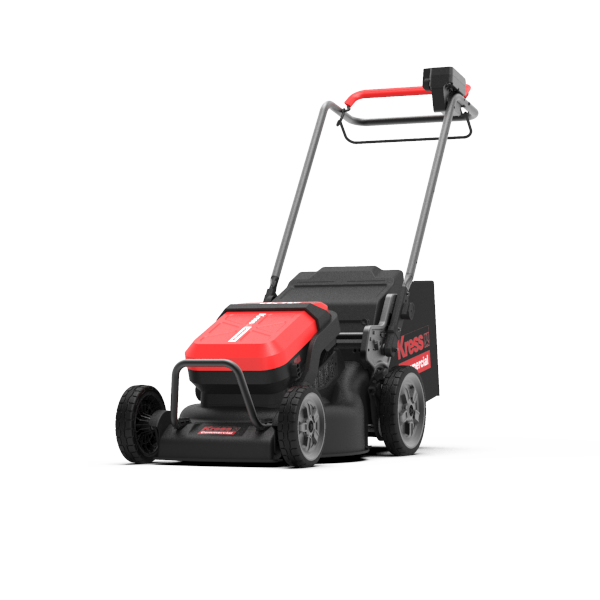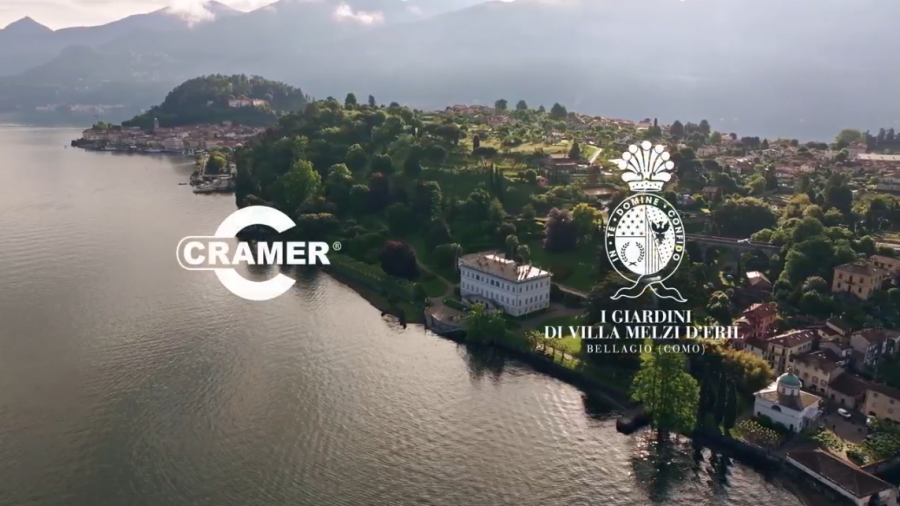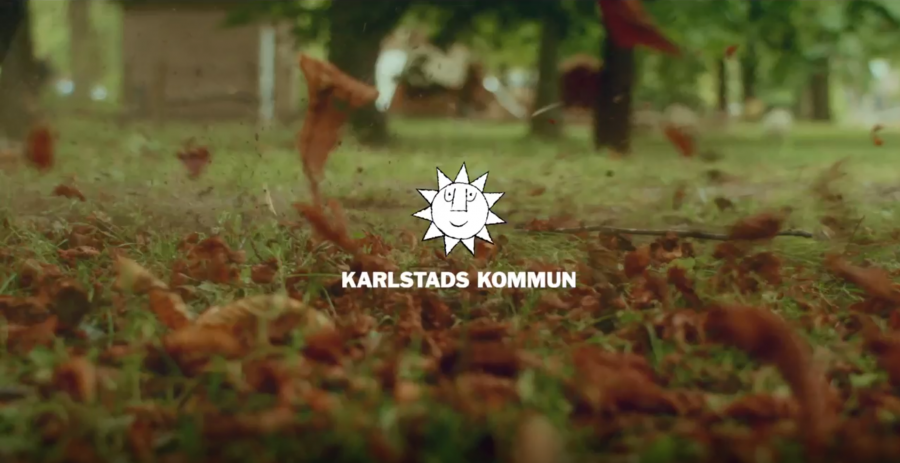The key to successfully grouting
the joints of external porcelain
paving is to use an equally highperformance jointing material.
Traditionally, cement-based tile
grouts are used for porcelain
tiles on internal walls and floors
which is fine indoors, but for
external porcelain paving, these
cement and so-called ‘hybrid’
(means cement with a bit of
polymer added), tile grouts are not
sufficiently durable for long term
external exposure to weathering.
Cement-based pointing products
today are polymer modified to counteract cement shrinkage,
but this is very sensitive to any
residual water in the joints that
will change the ratio leading to
shrinkage and cracking in the
cement grout itself.
Cement residues are also
difficult and time consuming
to remove from porcelain surfaces and require additional
cleaning treatments to remove
‘cement-haze’.
The best solution for porcelain
paving jointing today is not an internal tile grout, nor a cement
mortar, but a high performance,
two-part, epoxy resin bound,
graded fine alluvial sand based
jointing system.
The right product for the job
depends on the type of stone,
the size of the paving and the
dimensions of the joints – for
example, a two-part, epoxy resin
based, GftK vdw 815+ or GftK
vdw 850+, for joint widths from
>3mm, or >5mm respectively,
which are undoubtedly the
best products we have seen for durable external porcelain tile
jointing / pointing.
NCC Streetscape is the UK’s
exclusive agent and distributor
of GftK’s vdw 2-part, epoxy
resin based, wet-slurry applied
(these are not so-called ‘brush
in’s) jointing products, which
have been used extensively
for grouting to point porcelain
paving for more than seven
years throughout the UK, which
is significant given the recent
growth in porcelain tile paving.






